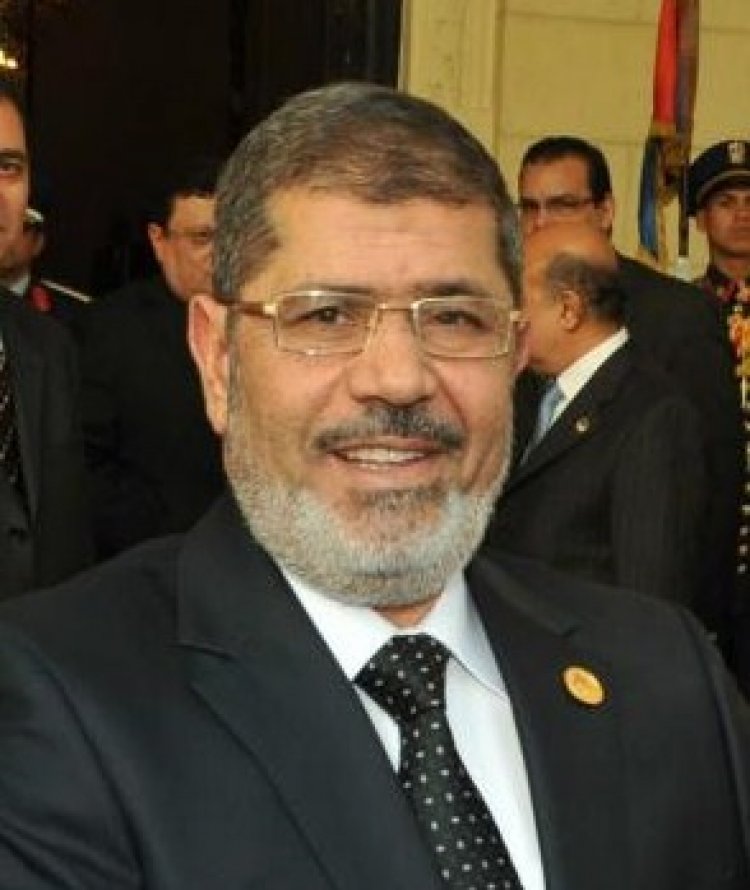One year since #Rabaah Massacre
It was a year ago when the Rabaah massacre occurred in Egypt.
It was horrible and worse still, the social media and other sources were full of people defending the massacre.
Especially on social media, where those killed were blamed for killing themselves.
Human rights watch has recently released a report which compiles the evidence that the massacre was not accidental but deliberately staged and planned.
It was due the coup in Egypt and subsequent inhumane situation where the voices of the oppressed were being drowned out that I got twitter. to challenge the lies and propaganda.
A year later and it is Israel's assault and massacres in Gaza where the misinformation needs to be challenged.

